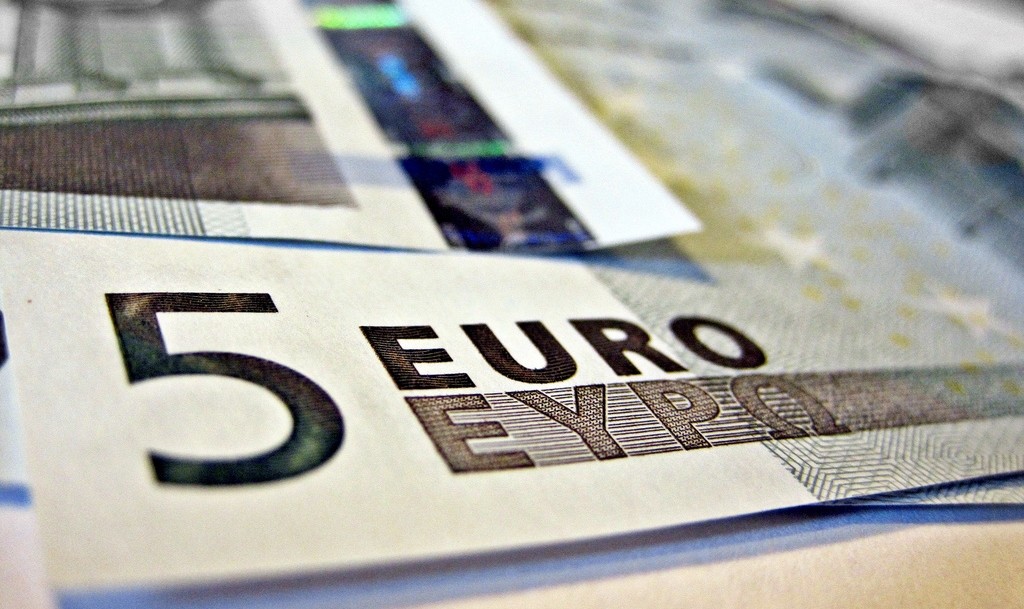Poland pledged to adopt the Euro when it joined the European Union in 2004. The adoption of the common currency will have a significant impact on the country’s future and will define our position in Europe.
It should be noted that entry into the Eurozone is not only an economic issue but also a major political and social change. It may positively impact price stability and improve Poland’s economic situation by increasing competitiveness between enterprises or better trade. The adoption of the Euro also has social and symbolic implications – the change of currency could affect Poland’s rapprochement and integration with the other countries of the EU or the sense of European identity of Polish people.
Changing the currency evokes extreme emotions. However, currently the introduction of Poland into the Eurozone does not arouse as much public interest as in the past, probably due to the lack of meeting the convergence criteria and lack of a serious discussion. We believe, however, that it is still a crucial public debate that needs to be addressed.
Renewed dialogue on the Euro is also important because of the apparent information gap information – the last CBOS survey of Poles’ attitudes toward the Euro was concluded in 2014. Having up-to-date and in-depth data on views toward the common currency can help have a substantive public debate, also in the context of recent Eurosceptic attitudes presented by government media and some politicians.
In 2023, Projekt: Polska with the support of Fundacja Wolności Gospodarczej surveyed to diagnose Poles’ perceptions of the opportunities and risks associated with the adoption of the Euro. We surveyed two age groups – young adults falling within the 18 – 25 age range, and senior citizens over 60. Here are the main conclusions:
The quantitative research clearly shows a high degree of Euro-enthusiasm, especially among respondents in the “60+” group. 73% of women and 86% of men in this age group are supporters/advocates of Poland’s membership in the European Union. At the same time, only a few percent of those taking part in the survey see a future for Poland outside the European Union, and just over 6% would like to leave the Community now.
On the other hand, the concern of some respondents is the vision of rising prices after the exchange of the zloty for the euro. Such a scenario to a definite or rather certain degree is anticipated by as many as 59% of those in the 60+ age group and 63% among the youngest respondents.
It is worth noting that a sizable proportion of young people equate the adoption of the Euro by Poland with a loss of independence in the conduct of economic policy. 41% of respondents in the “18-24” group hold this view. The sentiment is different in the group of senior citizens, 52% of whom do not have such a correlation.
According to respondents, The Euro in Poland will not cause a loss of sovereignty. Such an opinion is expressed by 45% of respondents.
The Eurozone is generally associated with a “club” of countries worth joining. On average, almost half of respondents in all age groups think that Poland’s economy would develop better and that our country would be more important internationally if it belonged to the Eurozone.
According to more than half (55%) of all respondents, we are not yet ready to adopt the Euro. 26% of respondents are of the opposite opinion, which contrasted with their general Euro-enthusiasm and support for further integration. An exception is men in the group of respondents over 60: here 64% want the Euro to become a valid currency in our country as soon as possible or soon.
During the survey, respondents were critical of introducing the Euro, pointing out both the benefits and dangers associated with it. The biggest concerns were about the price tags and the decline in the value of salaries, pensions, and annuities. This anxiety was particularly evident in the “60+” group.
Both groups were exposed almost exclusively to unfavorable opinions regarding the introduction of the Euro in recent years in the Baltic States or Croatia, which may have compounded fears of rising product prices and falling wages. However, despite the negative opinions heard, most participants said that these difficulties could be temporary and they also see many benefits from the adoption of the Euro.
As unequivocally positive consequences of the introduction of the Euro, they considered the convenience of travel and the lack of need to exchange currency, the convenience for businesses conducting transactions with other countries in the Euro-zone, and cheaper credit.
Full report in Polish can be found here.
Continue exploring:
Poland’s Road to Euro: Economic Freedom Foundation Takes Matters into Its Own Hands



